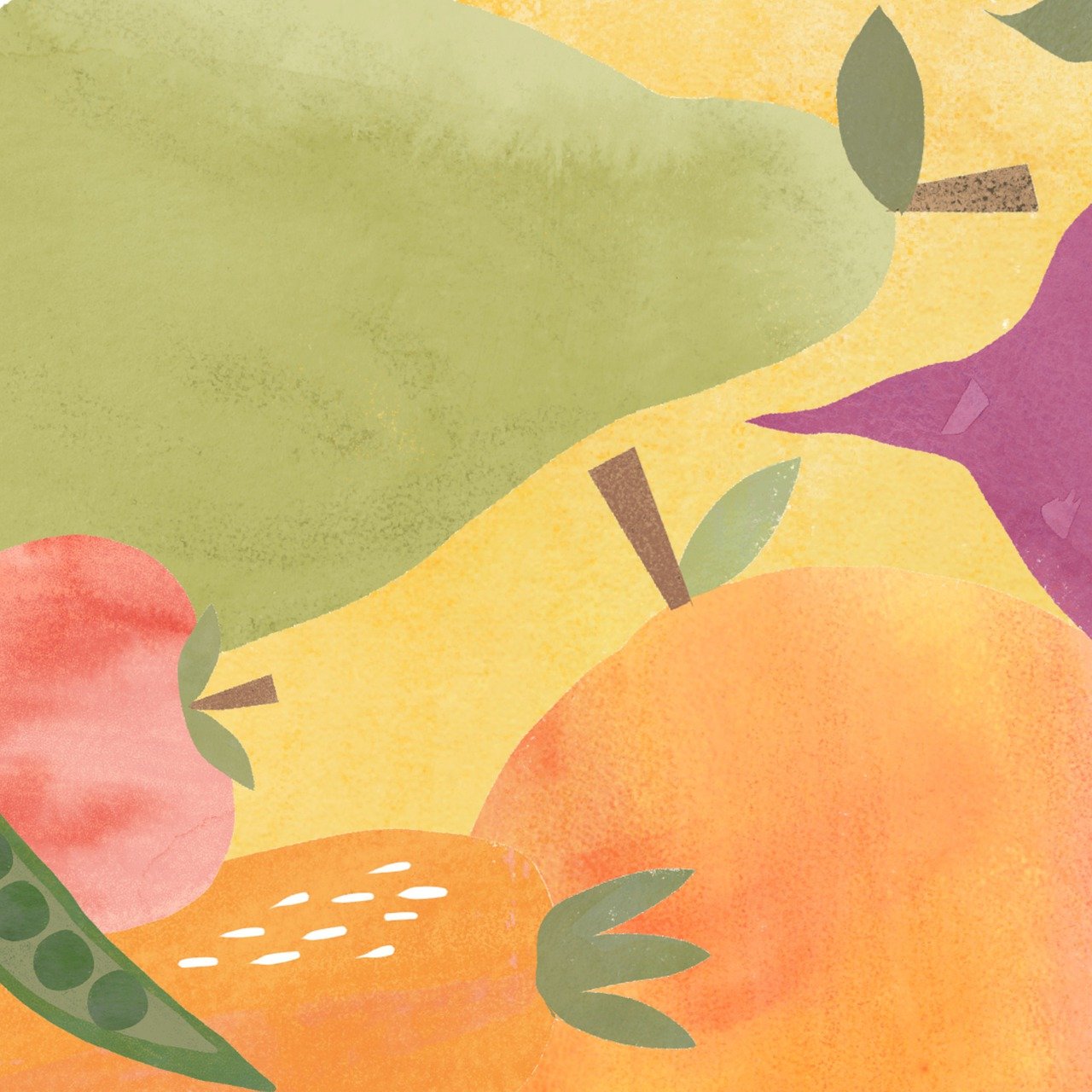The Role of Food Industry in Promoting Food Sovereignty Among Indigenous Youth
Indigenous food practices hold deep cultural and spiritual significance within communities around the world. These traditional foods are not just sustenance but are intertwined with stories, ceremonies, and connection to the land. For indigenous peoples, food is more than just nourishment; it is a way of preserving and passing down ancestral knowledge and traditions to future generations.
The preparation and consumption of traditional indigenous foods are often communal activities that foster a sense of unity and belonging within the community. These practices also promote sustainability and respect for the environment, as indigenous peoples have long understood the importance of living in harmony with nature. By honoring these food practices, indigenous communities maintain a strong cultural identity and resilience in the face of ongoing challenges and threats to their way of life.
Challenges faced by indigenous youth in accessing traditional foods
Indigenous youth often encounter barriers when trying to access traditional foods, which are integral to their cultural identity and overall well-being. One primary obstacle is the increased migration of indigenous populations to urban areas, resulting in limited access to their traditional food sources such as wild game, fish, and plants. As a consequence, many indigenous youth find themselves disconnected from their cultural heritage and struggle to maintain their traditional dietary practices.
Moreover, economic challenges and disparities in food security exacerbate the difficulties faced by indigenous youth in accessing traditional foods. High prices of traditional foods, coupled with poverty rates among indigenous communities, make it difficult for young people to afford or access these nutritious and culturally significant resources. This not only impacts the physical health of indigenous youth but also contributes to the loss of their ancestral knowledge and practices related to food gathering and preparation.
The impact of colonization on indigenous food systems
Colonization tremendously altered indigenous food systems, leading to the erosion of traditional practices and knowledge. The imposition of Western ideals and farming methods disrupted the sustainable ways in which indigenous communities had been flourishing for generations. Introducing new crops and livestock, often at the expense of native species, further estranged indigenous peoples from their ancestral food sources.
Moreover, the forced relocation of indigenous communities from their traditional lands severed their deep connection to the environment and its resources. This displacement not only disrupted food availability but also undermined cultural practices that had long been intertwined with the land. The loss of access to traditional foods not only had physical health repercussions but also inflicted emotional and spiritual wounds on indigenous populations as they grappled with the rupturing of their ties to the land and their heritage.
Colonization disrupted traditional practices and knowledge
Western farming methods introduced, leading to erosion of sustainable ways
Introducing new crops and livestock at the expense of native species
Forced relocation severed deep connection to environment and resources
Displacement disrupted food availability and cultural practices
Loss of access to traditional foods had physical, emotional, and spiritual repercussions on indigenous populations
What are traditional indigenous food practices?
Traditional indigenous food practices refer to the cultural practices and knowledge passed down through generations regarding hunting, gathering, farming, and preparing traditional foods.
How have indigenous food systems been impacted by colonization?
Colonization has had a significant impact on indigenous food systems, leading to loss of traditional food sources, disruption of food production methods, and introduction of non-native foods that have replaced traditional staples.
Why is it important to preserve traditional indigenous food practices?
Preserving traditional indigenous food practices is important for maintaining cultural identity, promoting food sovereignty, and supporting community health and well-being.
What challenges do indigenous youth face in accessing traditional foods?
Indigenous youth often face barriers such as limited access to traditional lands for hunting and gathering, loss of traditional knowledge and skills, and the high cost of purchasing traditional foods.
How can efforts be made to support the revitalization of indigenous food systems?
Efforts to support the revitalization of indigenous food systems can include promoting traditional food sovereignty, providing education and resources on traditional food practices, and advocating for policies that protect indigenous food sources and practices.







